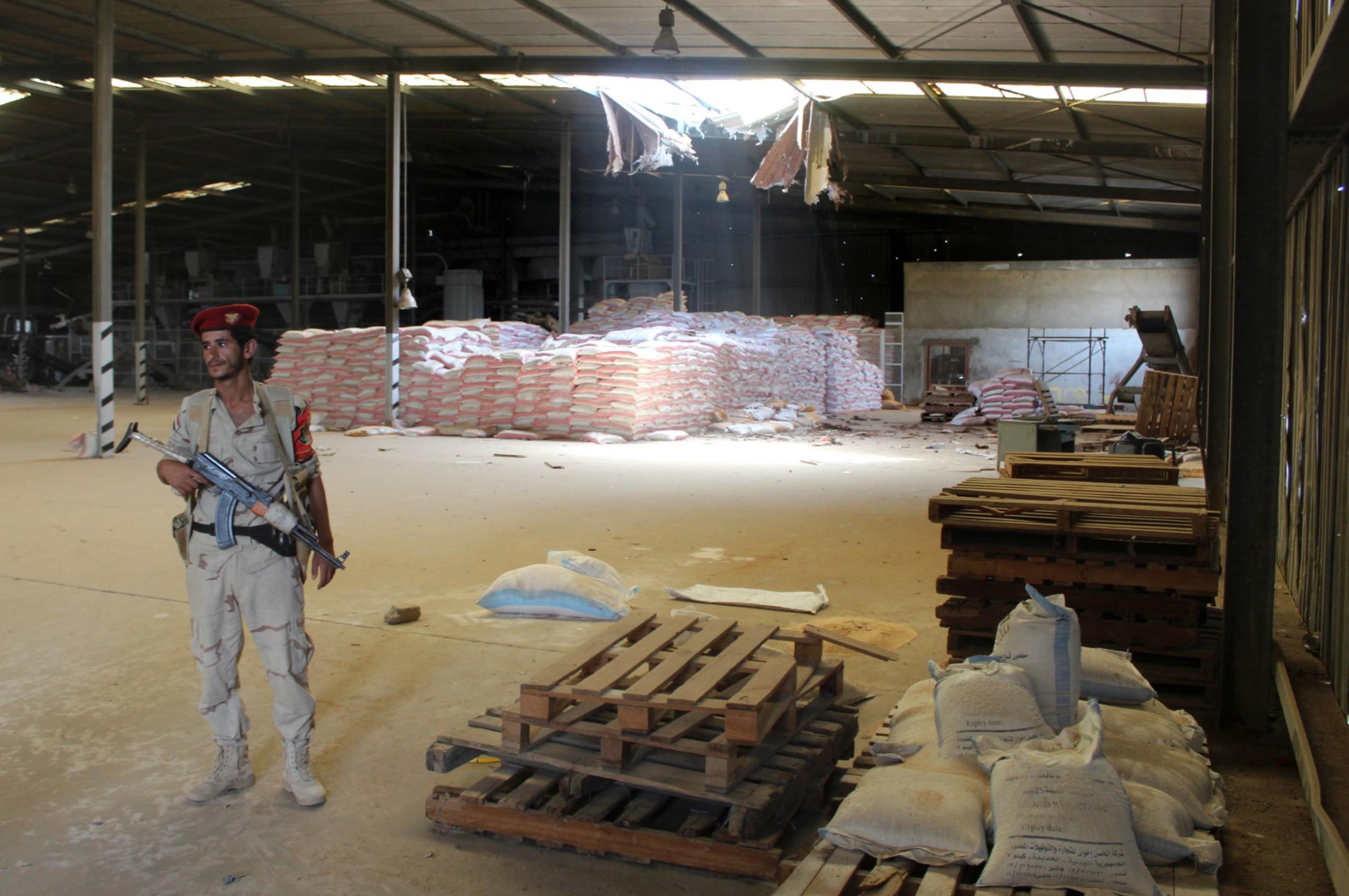Yemen factions agree on first phase of Hodeidah withdrawal in potential breakthrough for stalled peace talks
A deadlock in talks over the strategic port city has crippled the flow of aid to a nation in the grip of the world’s worst humanitarian crisis

Your support helps us to tell the story
From reproductive rights to climate change to Big Tech, The Independent is on the ground when the story is developing. Whether it's investigating the financials of Elon Musk's pro-Trump PAC or producing our latest documentary, 'The A Word', which shines a light on the American women fighting for reproductive rights, we know how important it is to parse out the facts from the messaging.
At such a critical moment in US history, we need reporters on the ground. Your donation allows us to keep sending journalists to speak to both sides of the story.
The Independent is trusted by Americans across the entire political spectrum. And unlike many other quality news outlets, we choose not to lock Americans out of our reporting and analysis with paywalls. We believe quality journalism should be available to everyone, paid for by those who can afford it.
Your support makes all the difference.Warring factions in Yemen have agreed to the first stage of a withdrawal from the strategic city of Hodeidah, potentially breaking the deadlock in talks that crippled a ceasefire deal and the flow of aid into the country.
The UN said the breakthrough was hammered out during two days of meetings in the war-torn port city, which is Yemen’s main entry point for food and aid but had become the frontline of the four-year civil war.
Yemen’s government and the Iran-backed Houthi rebels had originally agreed in December to a prisoner exchange and truce, which would see both sides leave the city.
But the plan was never implemented and collapsed into skirmishes as both sides accused each other violations, strangling vital aid to at least 10 million people on the brink of starvation across the country.
The UN statement on Monday said both sides had “made important progress on planning for the redeployment of forces as envisaged in the Hodeida agreement”.
The statement added that they had reached an agreement on “phase one” of the mutual redeployment of forces without giving details on what was agreed.
Under phase one, the Houthis would withdraw from the ports of Hodeidah, Saleef and Ras Isa. In exchange, government forces would withdraw from the eastern outskirts of the city.
A UN source told Reuters that phase one would also see the two sides agree to reopen main roads linking Hodeidah to the Houthi-held capital Sanaa and Yemen’s third city of Taiz.
They also agreed to enable access to the Red Sea mills, which holds some 50,000 tonnes of World Food Programme grain, enough to feed 3.7 million people for a month, the source said. Access to the site has been cut off since September due to the fighting.
Foreign secretary Jeremy Hunt welcomed the breakthrough and urged all sides to “swiftly” implement the agreed deal.
“Good progress made by Yemeni parties on plan for redeployment of troops from Hodeidah,” he wrote on Twitter. “Agreement must be swiftly finalised and implemented. Crucial that parties also engage constructively in discussions on prisoner exchange to build confidence,” he added.
Yemen has been torn apart by war since 2015 when the Iran-backed Houthi rebels swept control of the country ousting recognised President Abedrabbo Mansour Hadi.
Saudi Arabia and its Gulf allies launched a bombing campaign to re-instate their ally but four years on the fighting shows little sign of abating.
The conflict has sparked the world’s worst humanitarian crisis with nearly half the population of the country – just under 14 million people – at risk of starving to death.
Crucial to a long-term peace deal is negotiations over Hodeidah.
The UN’s statement on Monday said the two sides also agreed “in principle” on “phase two” of the Hodeidah plan, entailing full redeployment of both parties’ forces in the province.
However, a source close to the negotiations added that a withdrawal timeline has yet to be agreed, and there was disagreement over how to choose the local forces which will take control of the port and city once the warring factions leave.
The UN says the negotiating committee, led by Danish Lt Gen Michael Lollesgaard, plans to reconvene within a week.
Additional reporting from Reuters
Join our commenting forum
Join thought-provoking conversations, follow other Independent readers and see their replies
Comments